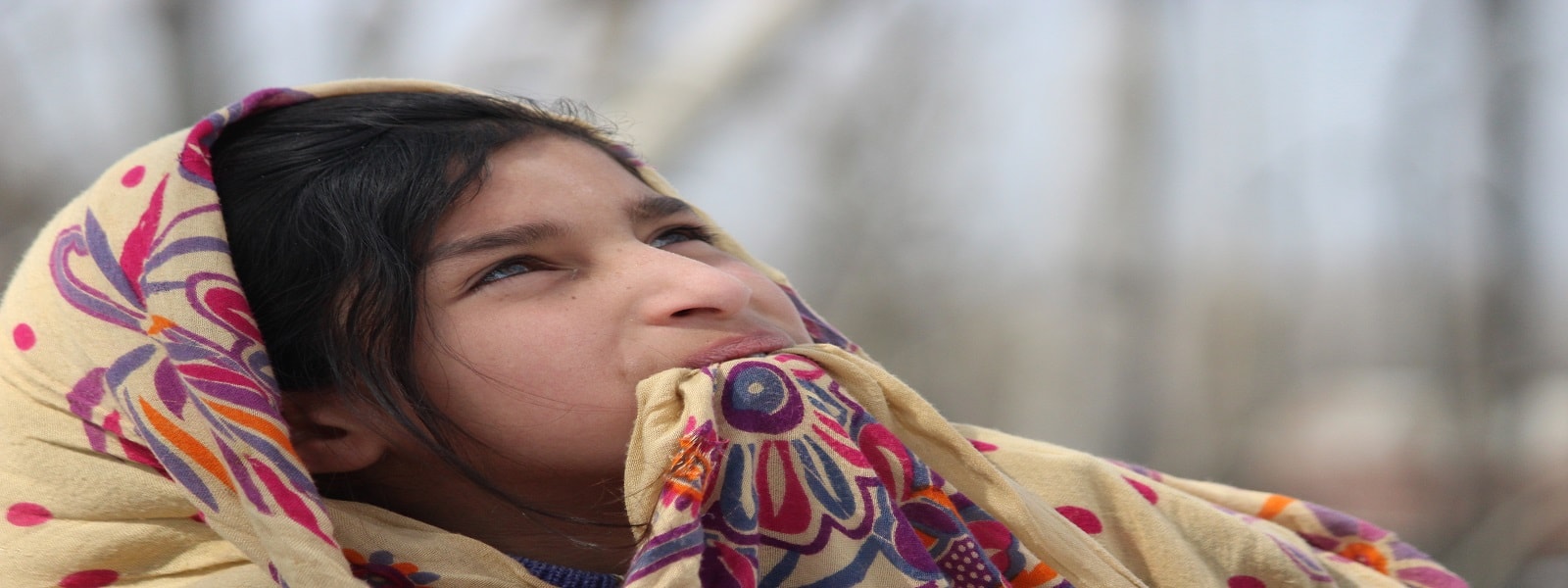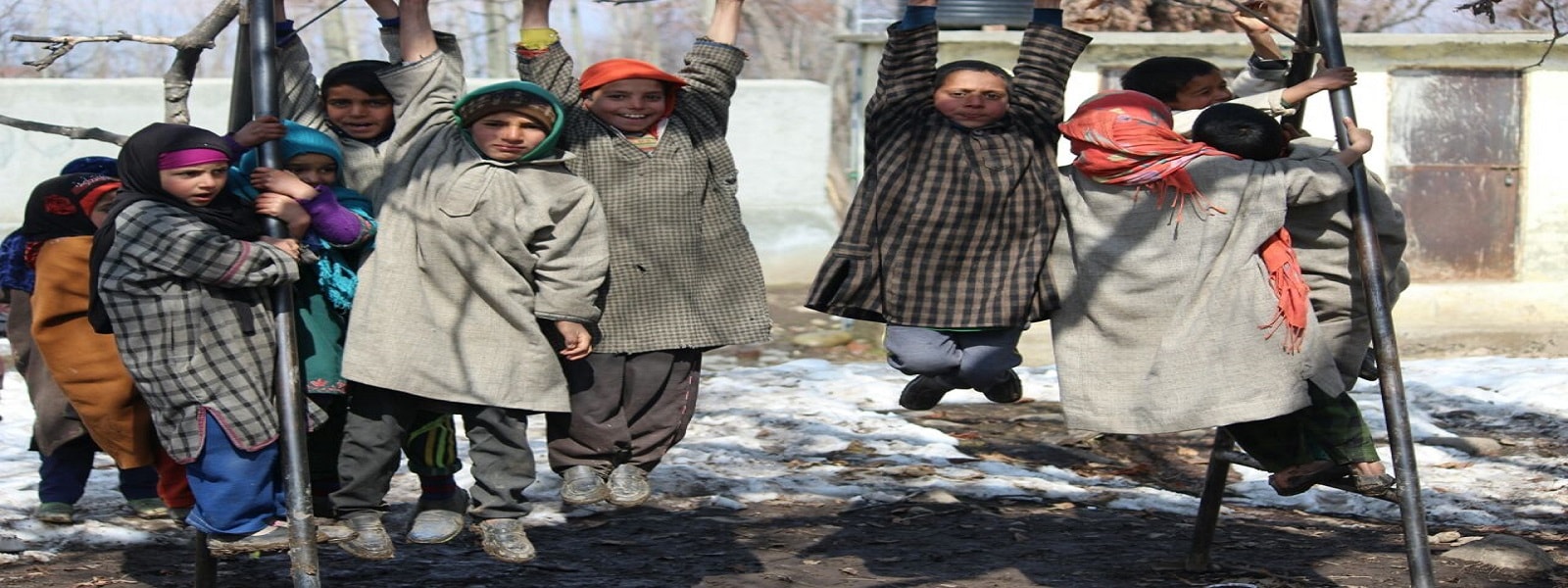Our interventions are designed to include
- Child Rights
- Accountability
- Organisation Building
- Policy Analysis
- Advocacy
Build perspective and capacity in areas of
- Direct action addressing immediate, critical needs
- Community mobilisation linking child rights and local pre-dominant issues
- Stringent planning, monitoring and evaluation both, financial and programmatic
Our interventions are designed to include
Community Mobilisation:We believe this is the most effective long-term solution to the multiple causes of poverty, deprivation, exploitation and abuse that constrain the rights of India’s children. In recent years, we have spearheaded a concerted, nation-wide grassroots campaign in partnership with our supported NGOs that aims to establish:
- Authentic data on the situation of children – infant and child mortality, nutrition, enrolment, availability of functioning schools of at least adequate quality, child labour, gender and caste differences.
- Workable models to achieve universal access to primary and elementary education, healthcare, livelihoods and governance combining direct action, community mobilisation and policy influence.
- Nation-wide support from all segments of society for the policy changes including the constitution amendment making education a fundamental right and laws relating to juvenile justice.
- Grassroots community mobilisation aimed at ensuring universal access to equitable education through the Common School System and implementation of policies ranging from land rights through to the right to information.
Grant Making:
- o We prioritise grant-making basis district-level analysis of child rights indicators
- o We identify grassroots NGOs and communities addressing the key issues.
Besides partnering organisations, we also partner individuals under the TheRippanKapur Fellowship programme that was launched in 1994 (it was introduced in memory of our late founder). It seeks to enable motivated individuals starting a career in grassroots development work to make a beginning.
Networking And Alliance Building:
The aim of strategic alliances or networks is to facilitate the transfer of learning, build solidarity between partner organisations and influence policy to positively impact the situation of Indian children. In short we interface with local government and other power structures and foster alliances with state, regional, issue interest groups. Through supporting networks, we provide a platform for partners to meet, share and learn from each other’s experiences. This enables the strengthening of field level initiatives. It also acts as a forum for perspective building on macro issues. We are also part of many state level alliances and national issue based alliances like the Campaign Against Child Labour, ECPAT, Donor Agency Network and the National Alliance for the Fundamental Right to Education (NAFRE)
Influencing Child-Friendly Policies:
While we consider the state to be primarily responsible for ensuring the rights of children, we realise that we too have a role to play in impacting and influencing government policies towards child rights. We approach this through national level advocacy and policy influence through direct interface with ministries, legislators, alliances, networks and coalitions and the media.
Resource Organisations:
In the development sector there are numerous organisations that play a critical role of being a resource hub. These organisations have expertise in various areas of development, expertise that could enhance the quality of smaller, newer initiatives. These resource organisations work towards building the capacities of SERVING NATIONS’s other development partners as well as non-SERVING NATIONS supported initiatives. These organisations build capacities through innovative teaching methods, materials and training programmes for teachers, community works among others. They also play a vital role in policy influencing efforts at the macro level.
Nodal Agencies:
While we reach out to hundreds of organisations working at the grassroots level, there are many thousands more across the country that require support. SERVING NATIONS can never reach out to all of them. Thus, evolved the need for nodal agencies. A nodal agency is in many ways a mini-SERVING NATIONS, – an organisation that offers both financial and non-financial inputs to smaller initiatives in the same geographical region. The creation and support of nodal agencies allows us to increase our reach at the grassroots level, without a corresponding increase in infrastructure and personnel.

